Since the first rapping DJ in 1970s New York, hip-hop has influenced a five-decade-long record of early long-shot successes, crossover breakthroughs, and the rise of artists to entrepreneurs.
Through the power of rap, marketing, and problem-solving, hip-hop artists have had to innovate entirely off the radar to attain unprecedented levels of ownership and control of their music and brands. In doing so, they not only cashed in on corporate sponsorship deals and “street team” marketing, but high-fashion clothing lines, entertainment companies, and more.
“Turn that 62 to 125, 125 to 250, 250 to half a million, ain’t nothing nobody can do with me,” Jay-Z once laid on a rap verse in Kanye West’s “Clique.”
Here’s a glimpse of the visionary business moguls who not only lead the way in innovating and developing new methods to leverage their brand, product, and revenue stream, but also helped make hip-hop a profitable global enterprise.
Russell Simmons
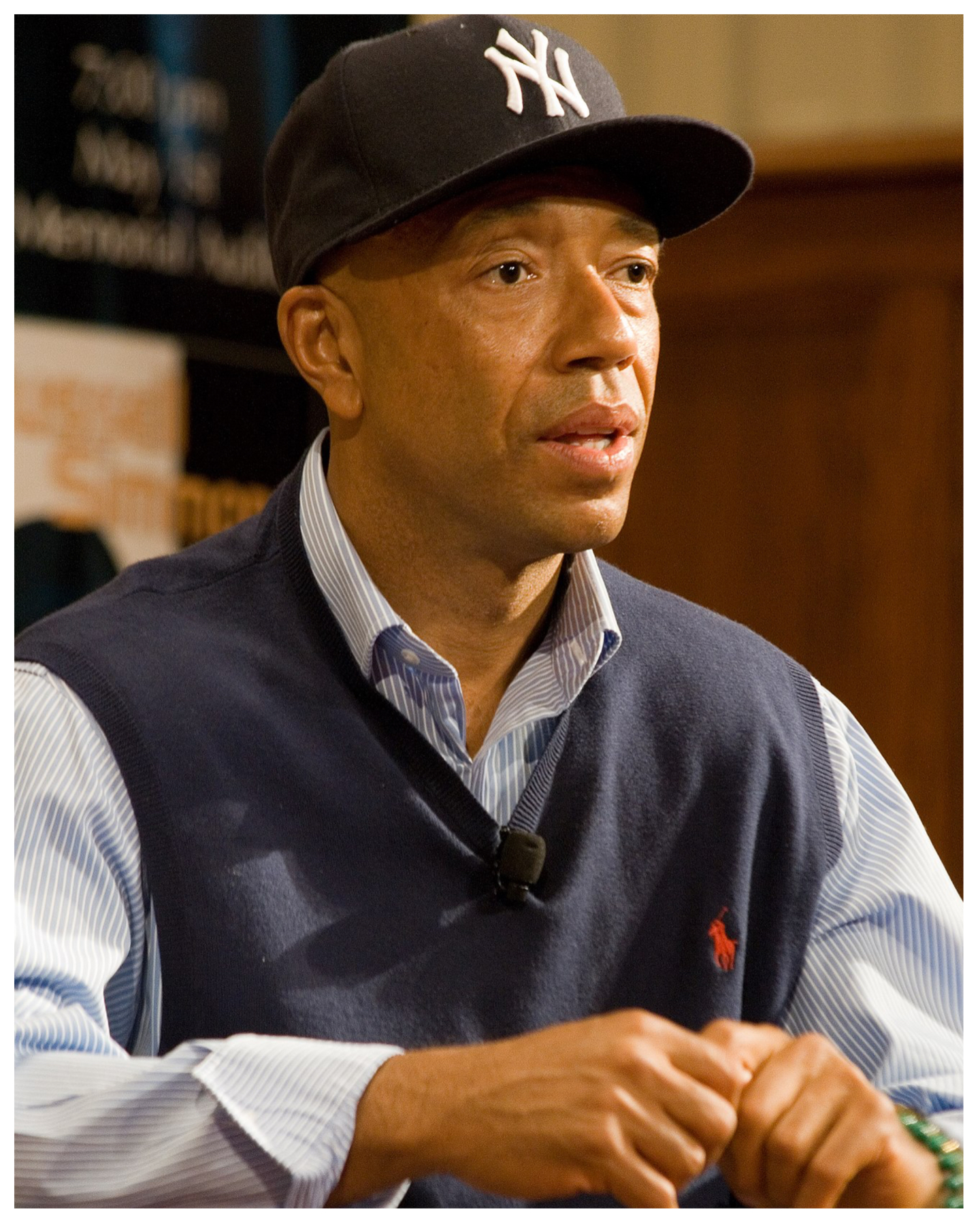
The co-founder of iconic brands like Def Jam Recordings, Phat Farm, and Baby Phat, Simmons made a mega impact on the hip-hop world and propelled it into a lucrative business. In addition to his savviness as a producer, Simmons burst onto the scene in the 1990s and 2000s, leveraging his skills in business and promotion.
But it was Simmons who was the visionary behind Kurtis Blow. As his manager, he helped launch the rapper into hip-hop history becoming the first rapper ever to land a record contract with a major record company thanks to the MC’s debut single “Christmas Rappin’” on Mercury Records.
Blow’s second single “The Breaks” and the funky bass line propelled Blow into hood stardom with his self-titled debut album in 1980; further cementing Simmons’ influence on the culture.
Simmons was also the architect who launched HBO’s Def Comedy Jam. Simmons reportedly had a net worth of $340 million by 2011.
Simmons’ enterprises fall under Rush Communications’ umbrella, which earned the esteemed Black Enterprise Company of the Year title in 2002.
The honor came after his New York-based company reached 2001 revenues of $192 million, reportedly up 92% from 2000. Phat Farm men’s apparel line had revenues of $120 million, twice that of 2000. Baby Phat, the women’s apparel line launched in 2000, totaled $30 million in 2001.
He eventually sold all labels, launched Global Grind, a hip-hop blogging political site with some 40 million fans, and co-founded UniRush L.L.C., which makes RushCard prepaid Visa cards, in 2013.
Sean Combs
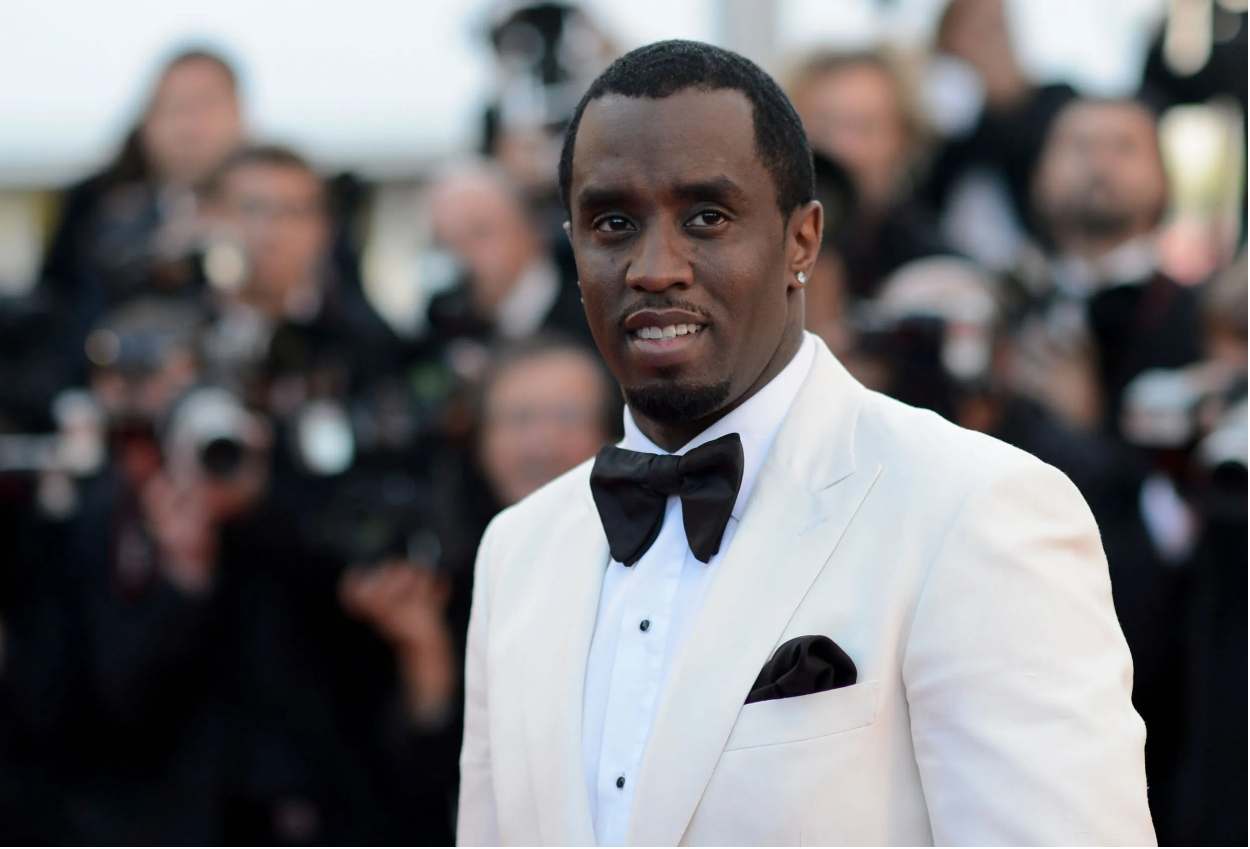
It’s all about the Benjamins, baby!
Chairman and CEO of Combs Enterprises, Sean “P. Diddy” Combs has a diverse portfolio of businesses and investments, including Bad Boy Worldwide Entertainment Group, Sean John, Combs Wine & Spirits, AQUAhydrate, The Blue Flame Agency, REVOLT Films, and REVOLT MEDIA & TV.
The Harlem, NY native studied business and administration at Howard University and formed his label, Bad Boy Records, in 1993. Since then, his music endeavors led him to the mainstream men’s clothing market, and he launched Sean John, bringing his vision of urban streetwear to the masses.
After earning the prestigious “Perry Ellis Menswear Designer of the Year Award,” Combs launched four fragrances under the brand. Later, Ciroc Vodka was born, and Combs Wine & Spirits launched the luxury tequila brand DeLeón and fitness and wellness water brand AQUAhydrate.
Dr. Dre
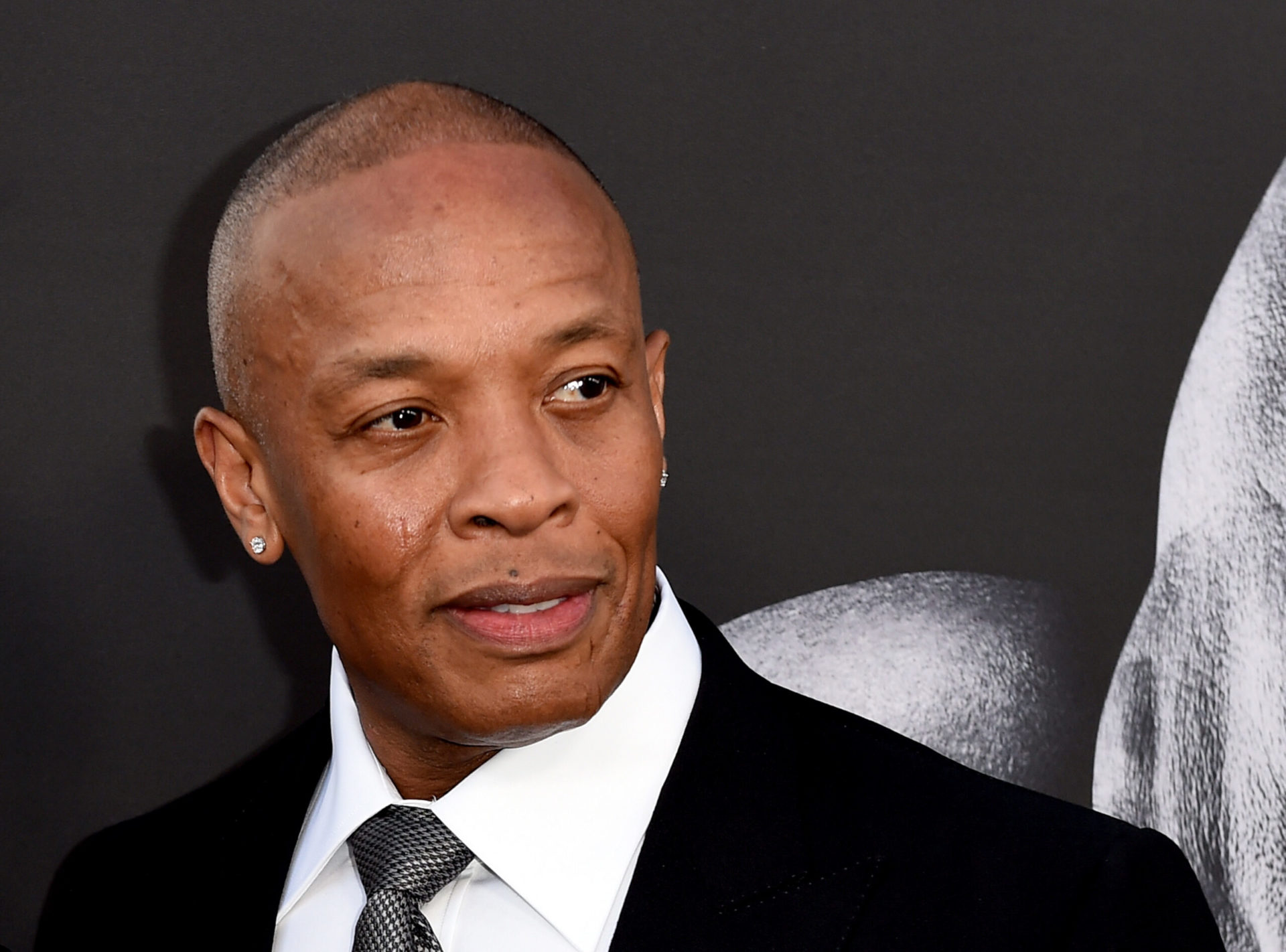
Dr. Dre, popularly known as a gangsta rap pioneer with N.W.A., left the group to create his own successful record label, Death Row Records, in 1991. He later went on to found another record label named Aftermath Entertainment.
However, as a music producer, he recognized that he could solve the problems of piracy and poor audio quality in music. In 2006, Dre and Jimmy Iovine, a co-founder of Interscope Records, joined forces to launch a new audio brand, Beats Electronics, and then its first product, Beats by Dr. Dre Studio headphones, exclusively in Apple and Best Buy stores. In 2011, Dre and Iovine sold a majority stake to HTC for $309 million.
After launching Beats Music, Apple acquired the music subscription streaming service and the maker of flagship $300 headphones for $3 billion.
The deal landed Dre on Entrepreneur magazine’s “10 Entrepreneurs Who Defined 2014.”
Jay-Z
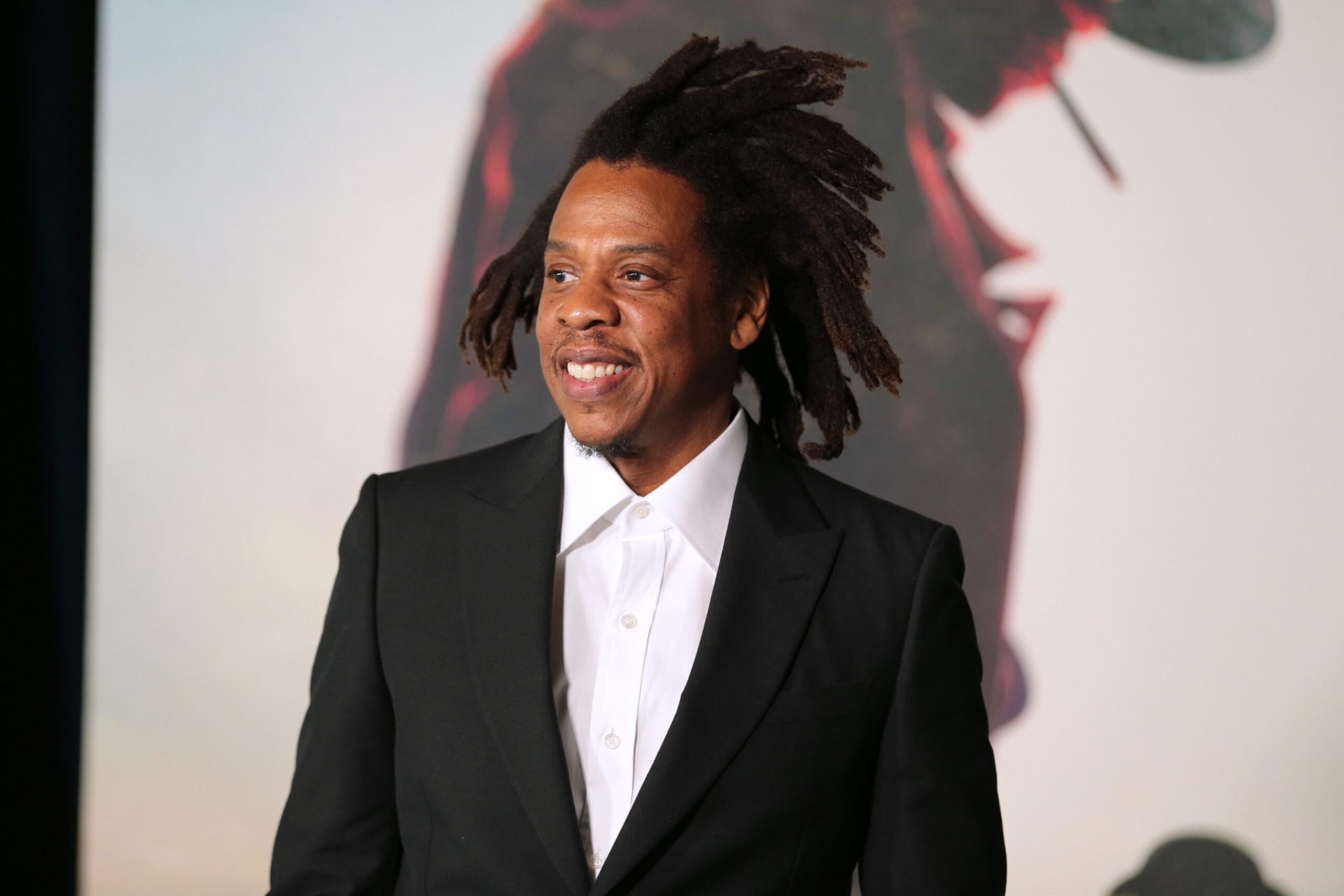
“I’m not a businessman, I’m a business, man,” declared Jay-Z when he took over Kanye West’s Diamonds From Sierra Leone (Remix).
Shawn Corey Carter, the rap industry’s first billionaire, has an estimated net worth of nearly $1.3 billion as of December 2022. It all began In 1995 when Jay-Z used the money he received from signing a deal with Payday Records to start his own label, Roc-A-Fella Records, alongside his former associates.
In 1999, Jay-Z and Damon Dash created Rocawear, an urban clothing line with annual sales of around $700 million during its peak in the early 2000s. He sold the clothing brand to Iconix Brand Group for $205 million in 2007.
In 2003, Jay-Z opened The 40/40 Club, an upscale sports bar and restaurant in Manhattan’s Flatiron District, before leaving his longtime label at Def Jam Recordings.
Jay-Z teamed up with a fellow entrepreneur to launch the entertainment label Roc Nation in 2008. Five years later, Roc Nation launched its own sports management division, Roc Nation Sports. In April 2017, the company announced the launch of Arrive, a venture capital firm that provided brand services and business development to early-stage startups.
After Jay-Z acquired the Norwegian tech company Aspiro in March 2015, he quickly relaunched the company’s streaming service, Tidal (the first “artist-owned” streaming service). In January 2017, he sold 33% of Tidal to the phone company Sprint for $200 million.
More recently, Jay-Z and Marcy Venture Partners cashed in on the cannabis industry with a partnership with The Parent Company. He also invested $16.5 million in a robotic pizza delivery company called Stellar Pizza.
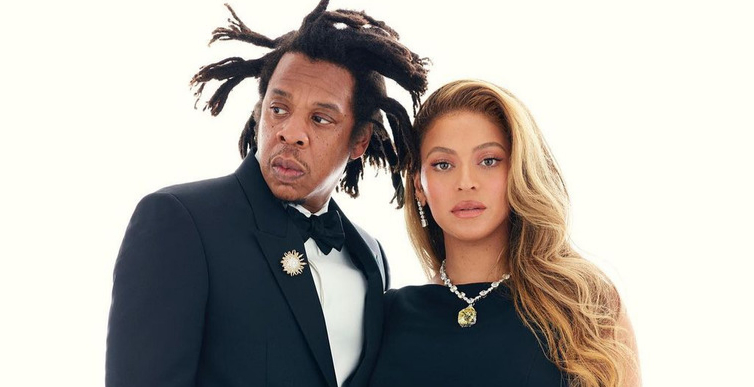
Once named pop music’s first billionaire couple, Beyonce and Jay-Z have a combined net worth of around $1.8 billion.
Beyoncé
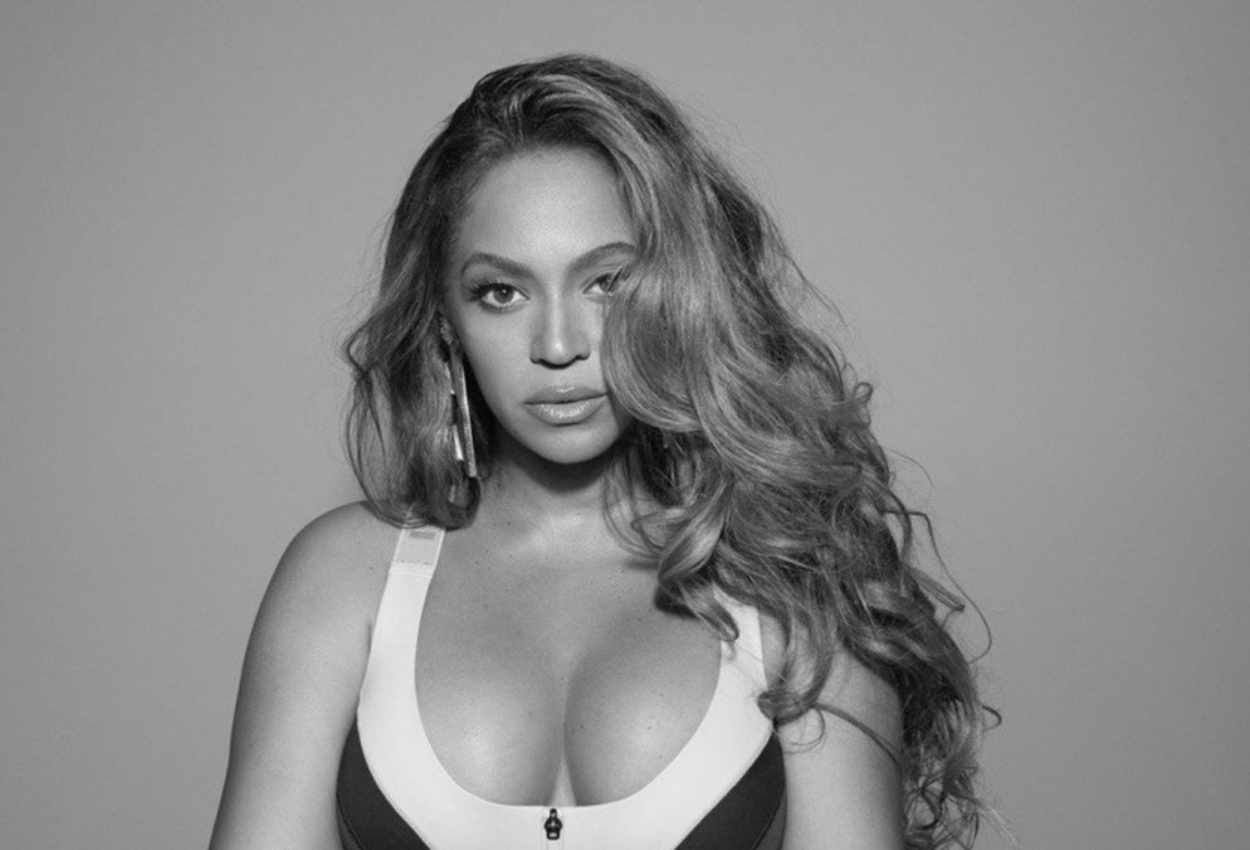
In addition to multimillion-dollar endorsements, Queen Bey’s net worth is estimated at $450 million as of December 2022. According to Forbes, she is ranked 61st on America’s Wealthiest Self-Made Women list.
Through her company, Parkwood Entertainment, Beyoncé produces music, clothing, and movies. In 2016, Parkwood Entertainment launched Ivy Park, a streetwear fashion line carried by the U.K.-based retailer Topshop.
Master P
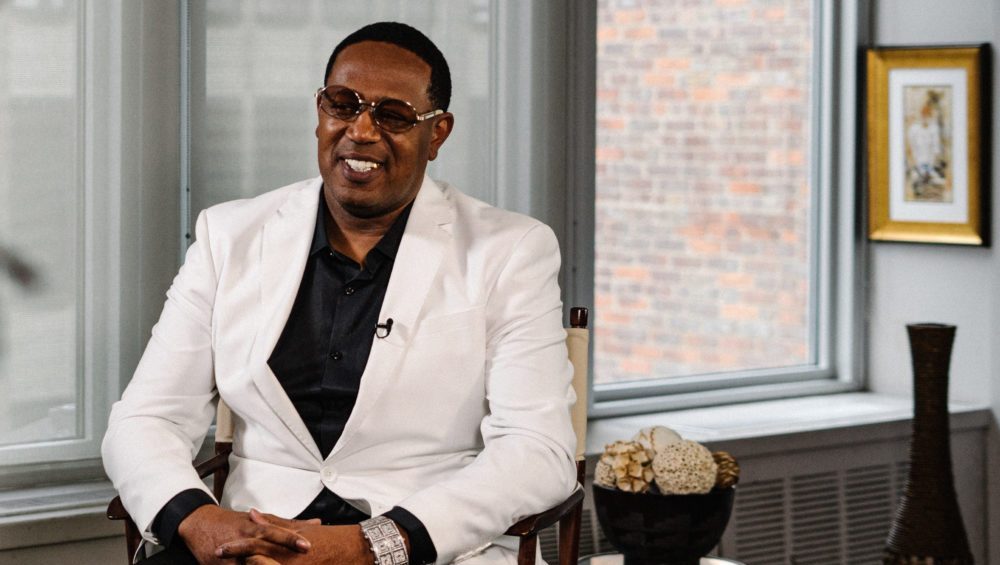
As Master P said at the beginning of his “99 Ways to Die” album, “I’m not just your everyday rapper: I’m an entrepreneur.”
By 28, Master P was a self-made millionaire on a path to building a legacy. He used a $10,000 malpractice settlement given to his family after his grandfather died. He combined two years of junior college business classes and what he calls “street hustling” to start a record store and then a record company, No Limit. The label sold over $120 million in records in its first six years.
Among his endeavors, the hip-hop mogul bought a real estate company, a Foot Locker outlet, and a gas station. He’s also started a No Limit clothing line, a phone-sex company, a family-owned snow cone company, and a sports management firm representing several basketball draft picks.
Master P and Snoop Dogg recently signed a national distribution deal with Post Consumer Brands for their breakfast food products, Snoop Cereal and Broadus Foods.
Rihanna
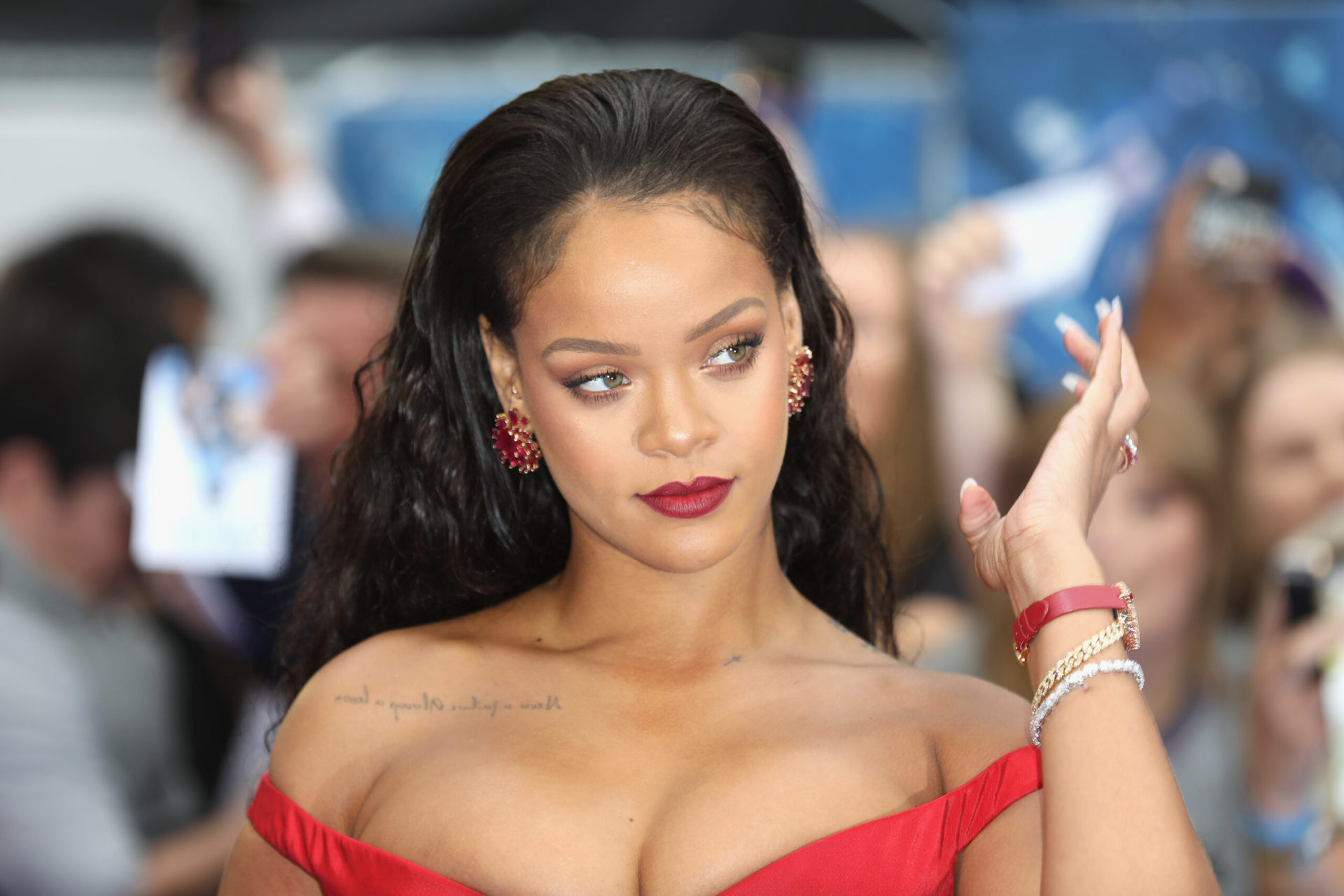
Images)
The nine-time Grammy-winner, fashion phenom, and beauty mogul has accumulated most of her $1.7 billion fortune from Fenty Beauty, a cosmetics line that she co-owns with luxury goods group LVMH. She also co-owns Savage X Fenty, a lingerie line, with investors.
Rihanna’s Clara Lionel Foundation’s foundation raised $47 million for climate, racial justice, COVID-related relief, and other causes in 2020.
She was listed in Forbes’ 2020 America’s Richest Self-Made Women.
After welcoming her first child in May, Rihanna has been thinking about expanding her clothing line to include pieces for kids.
